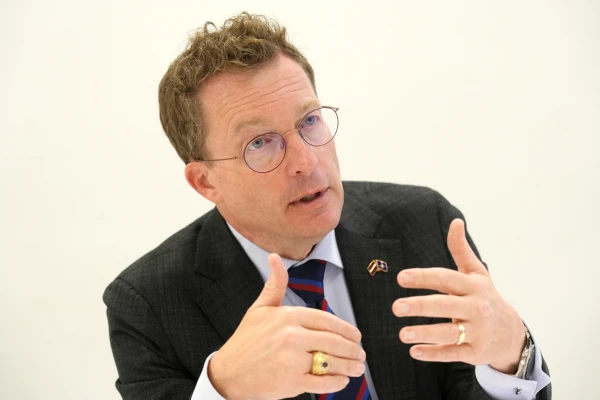
During the security and foreign policy forum "Riga Conference 2025," in an interview with the LETA agency, former NATO Deputy Secretary General for Intelligence and Security and Director of the Defense Counterintelligence and Security Agency (DCSA) David Kettler emphasized that the war in Ukraine has significantly changed not only Europe and the United States but also the aggressor itself — Russia. According to him, it is necessary to get rid of the illusions of the inevitability of a Russian victory and of the limitless ability of Russians to endure for its achievement.
“Russia is no longer what it was at the beginning of the war,” noted Kettler. “Putin has indeed put Russian society on a wartime footing. Through the economy, internal repression, propaganda, and mobilization of society to support the war, he has made the maintenance of internal suppression and external aggression the goal of the entire Russian system. Russia is definitely no longer what it was before the war or even at its beginning.”
Although, according to him, signs of changing sentiments in Russian society are still unconvincing, and sociological surveys in the country can no longer be trusted, Kettler acknowledges: it is very difficult to understand what the average Russian thinks about the war.
“Nevertheless, it is very important to dismantle the illusion that Russians are trying to maintain — of their inevitable victory. Similarly, we must get rid of the illusion of the supposedly limitless ability of Russians to endure suffering for the sake of victory. Both illusions are obviously false, and both can be neutralized,” emphasized Kettler.
He believes that building the future of society on repression and a military machine, as well as on external aggression that does not reflect sentiments within the country and contradicts international law, is wrong and unsustainable.
In response to a question about the constant provocations from Russia towards Europe, Kettler agreed that to some extent this may be a sign of the Kremlin's desperation in the face of unwavering support for Ukraine from allies.
“I am not sure that we fully understand the logic of these actions, but it is important for us not to jump to conclusions. I have seen some Western military analysts already suggesting that this could be the beginning of an expansion of the war against the West. I think that is extremely premature. We must be certain before making such statements,” Kettler pointed out.
The former NATO Deputy Secretary General also agreed with the opinion expressed at the conference by former NATO Military Committee Chairman Rob Bauer that it is not necessary to respond to every provocation:
“Just because someone provokes does not mean you have to give in. The reaction should not be template-based. You can respond differently. It is important to remain calm, demonstrate determination, unity, and not rule out any possible scenarios of action.”
Commenting on the comparison with Turkey's actions, which shot down a Russian military aircraft that violated its border in 2015, Kettler reminded that there was a war going on near the border. However, he disagreed with the opinion that NATO countries' response to Russian provocations was insufficiently resolute.
“I want to return to the strategic question: from the West, NATO, and the EU, the reaction has been colossal, especially since the beginning of the war in Ukraine. Now we have more NATO — literally. Since the start of the war, two new allies have joined the Alliance, and NATO has moved closer to Russia's borders, which allows for better deterrence and, if necessary, more effective defense. We have more readiness, more capabilities. These are also forms of response, and I would not say that Russia has gone unpunished. On the contrary, it is rare to see such a direct reaction,” he emphasized.
Kettler agreed that Russian provocations have, to some extent, made the West stronger.
“Yes, the response of the involved countries has been responsible, balanced, and well thought out. Their cooperation with allies has led to important measures from the EU and NATO aimed at strengthening deterrence and defense positions. This is indeed important,” he added.
When asked about the prospects for peace in Ukraine, the former head of intelligence services refused to speculate but emphasized that the most important thing is to end the suffering of people as soon as possible, and that peace should be just and sustainable.
“An unjust peace may prove to be short-lived because it is very difficult to implement. And yet the likelihood that everyone will get exactly what they want is extremely low. Achieving such peace will require significant political, diplomatic, and military work. That is why I emphasize once again: the unity and determination of Ukraine and its supporters are extremely important,” Kettler said.
Referring to the example of France and Germany after World War II — how close both countries are today in cultural, civil, political, and diplomatic aspects, as well as in NATO structures — Kettler expressed hope that reconciliation between Russians and Ukrainians is also possible.
“Because reconciliation is the main guarantee of a just and long-term peace in the future,” he emphasized. “I hope I do not sound overly optimistic in saying this. Essentially, I am a cynic — a former intelligence officer. But still, I believe that reconciliation would be the best outcome for all. How long it will take is another question. It does not happen in a day. A generation must change, as it did with France and Germany.”


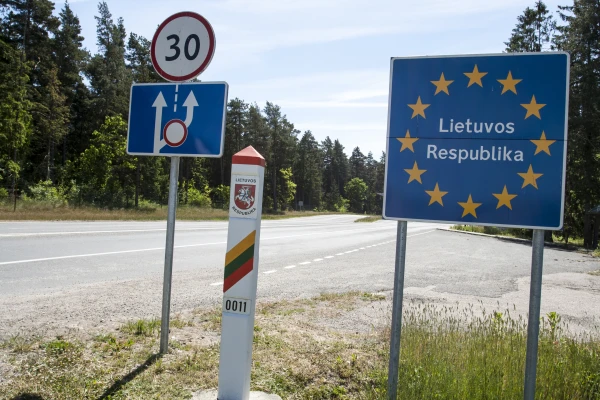
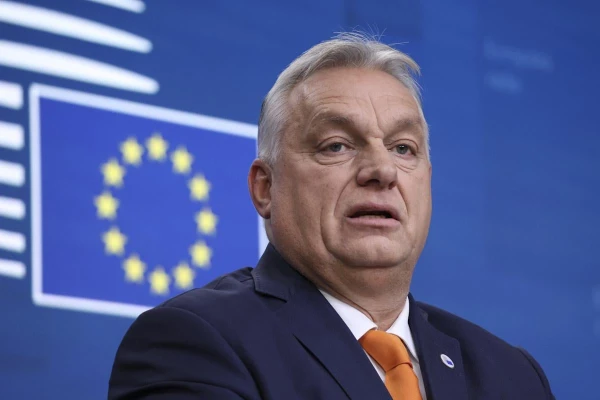
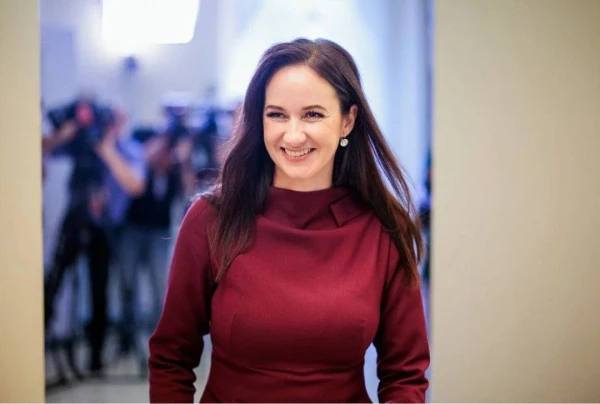
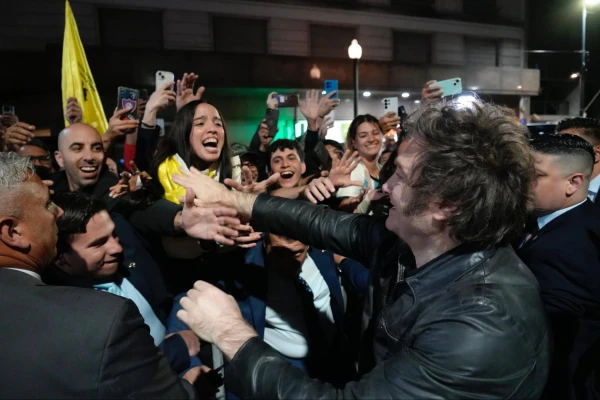
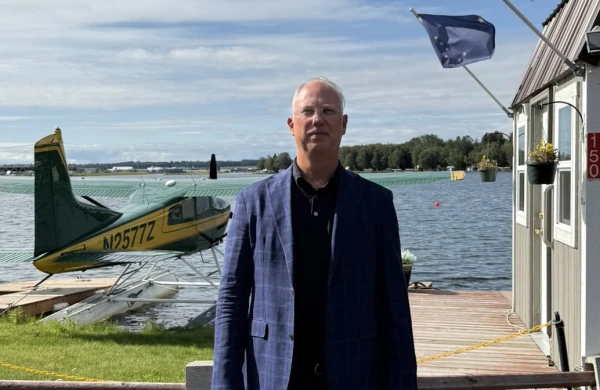
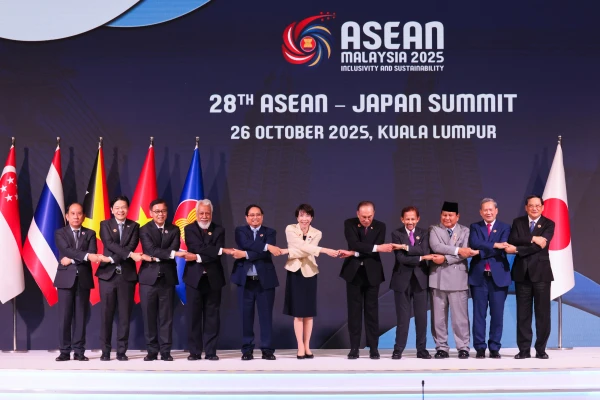
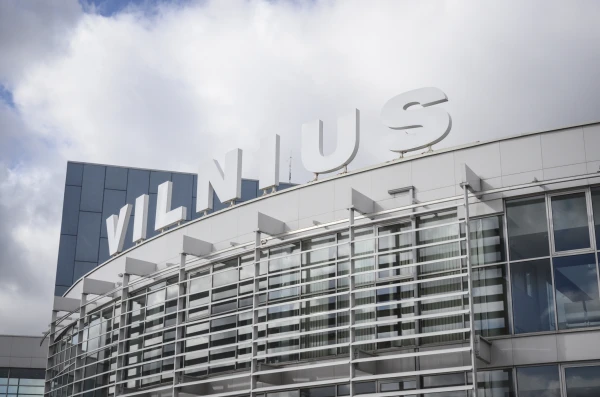
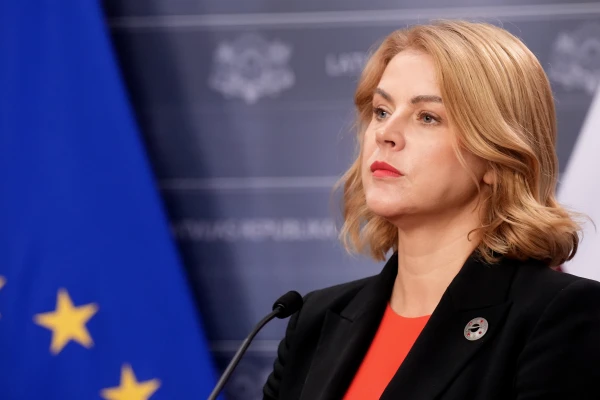
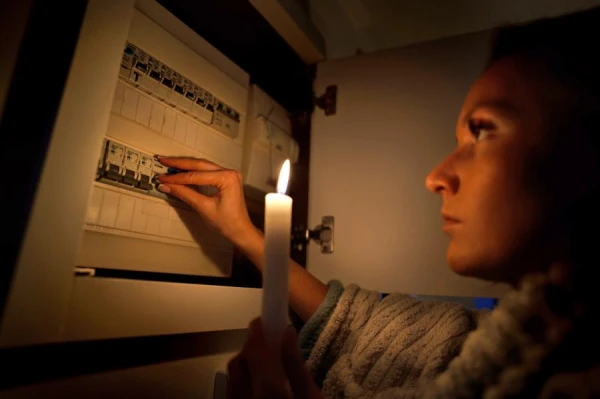
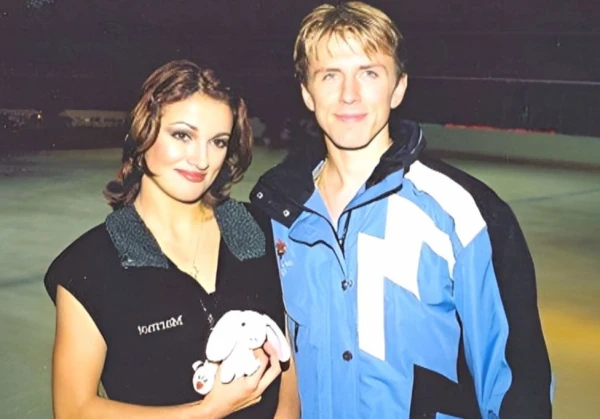
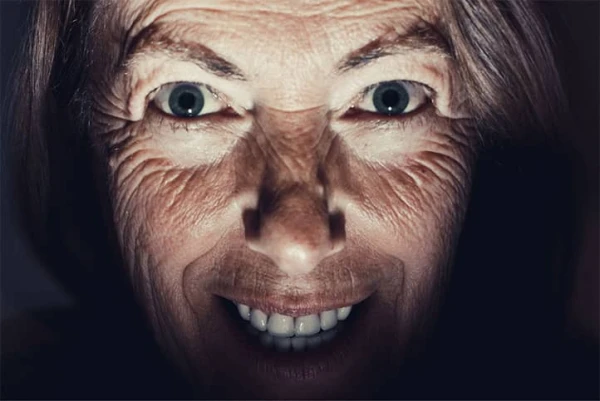
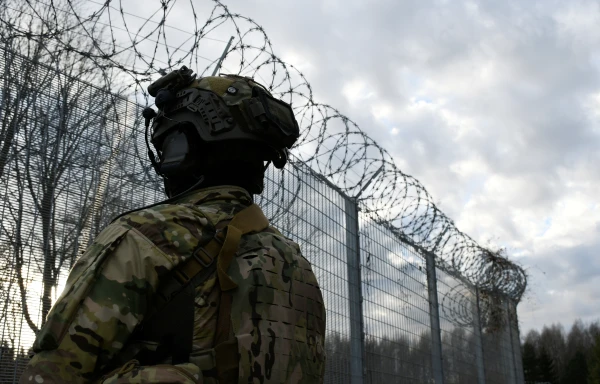
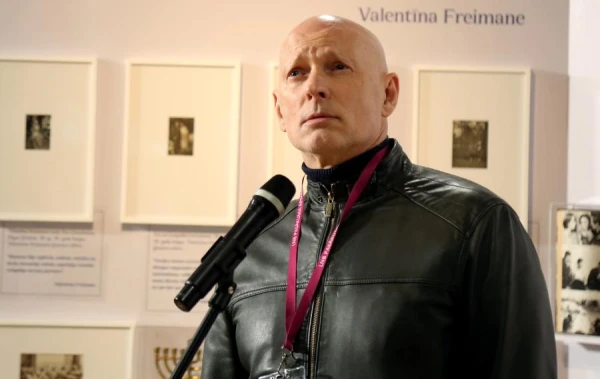
Leave a comment